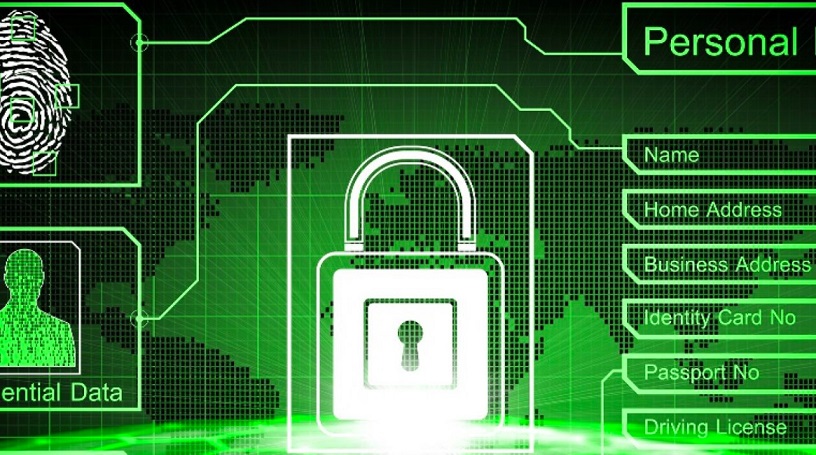The Importance of Next-Gen Digital Identity Protection
In this blog post, we'll explore the importance of this critical element of cybersecurity and why it's so important for both consumers and businesses alike.
Digital identity theft
Digital identity theft is on the rise, according to Guardio site, more than 15 million Americans falling victim to it each year. The problem is only getting worse, with the total number of victims expected to reach nearly one billion by 2023. The reason for this dramatic increase is simple: as our lives move online, so do our identities. This makes it easier for criminals to steal our personal information and use it to commit fraud or other crimes.
There are a number of ways criminals can steal our digital identities, but the most common is through phishing scams. In a phishing scam, the criminal sends an email or text message that appears to be from a legitimate source, such as a bank or credit card company. The message includes a link that takes the victim to a fake website where they are asked to enter their personal and financial information. This information is then used to commit identity theft or fraud.
Another way criminals can steal our digital identities is by hacking into databases that store our personal information. Once they have access to these databases, they can sell the information on the black market or use it to commit identity theft or fraud.
Identity theft can have a devastating impact on both consumers and businesses. For consumers, it can lead to financial ruin as well as emotional distress. Businesses can suffer significant financial losses as a result of identity theft, and their reputations may be damaged as well.
To protect our digital identities, we need to be aware of the risks and take steps to safeguard our information. We also need to be sure that we are dealing with reputable companies that will protect our information properly. When in doubt, always err on the side of caution and contact the company directly to verify its legitimacy.

How to Prevent Identity Theft
There are a number of steps you can take to prevent your digital identity from being stolen:
- Be cautious about the information you share online and with whom you share it.
- Keep your personal information safe. Store your personal information in a secure location, such as a safe or lockbox.
- Shred or destroy documents that contain your personal information. This includes old tax returns, credit card statements, and medical records.
- Protect your computer and mobile devices. Install security software on all of your devices and keep it up to date.
- Create strong passwords. Use a combination of letters, numbers, and symbols in your passwords, and don't use the same password for all of your accounts.
- Keep an eye on your accounts. Check your bank and credit card statements regularly to look for unauthorized charges.
- Monitor your credit report. You are entitled to one free credit report from each of the three major credit reporting agencies every year.
If you believe you have been a victim of identity theft, contact the Federal Trade Commission and file a complaint. You should also alert your bank, credit card companies, and other financial institutions.
Identity theft is a serious problem that is only going to get worse as our lives move increasingly online. By taking steps to protect our digital identities, we can help keep ourselves safe from this growing threat.
When it comes to digital identity protection, there are a few key things businesses need to do:
- Educate employees on best practices: Employees are the first line of defense when it comes to protecting your business from identity theft. Educate them on the signs of phishing scams and other attacks, and make sure they know how to report suspicious activity.
- Implement security measures: Businesses should implement security measures such as two-factor authentication and data encryption to protect their customers' information.
- Monitor for threats: Monitoring for threats can help businesses identify attacks early and take steps to mitigate the damage.
Conclusion
Digital identity protection is important for everyone, but it's especially important for businesses. By taking steps to educate employees, implement security measures, and monitor for threats, businesses can help protect their customers' information and avoid costly data breaches. Identity theft is a serious problem, but we can all help prevent it by being cautious about the information we share online.
You should read it
- ★ Identity V has a free mobile version worldwide
- ★ Instructions for playing and playing Identity V tips for newbies
- ★ 10 pieces of information used to steal your identity
- ★ Try Microsoft Forefront Identity Manager 2010
- ★ The future of Access and Identity Management (IAM), a field that is extremely important on the Internet